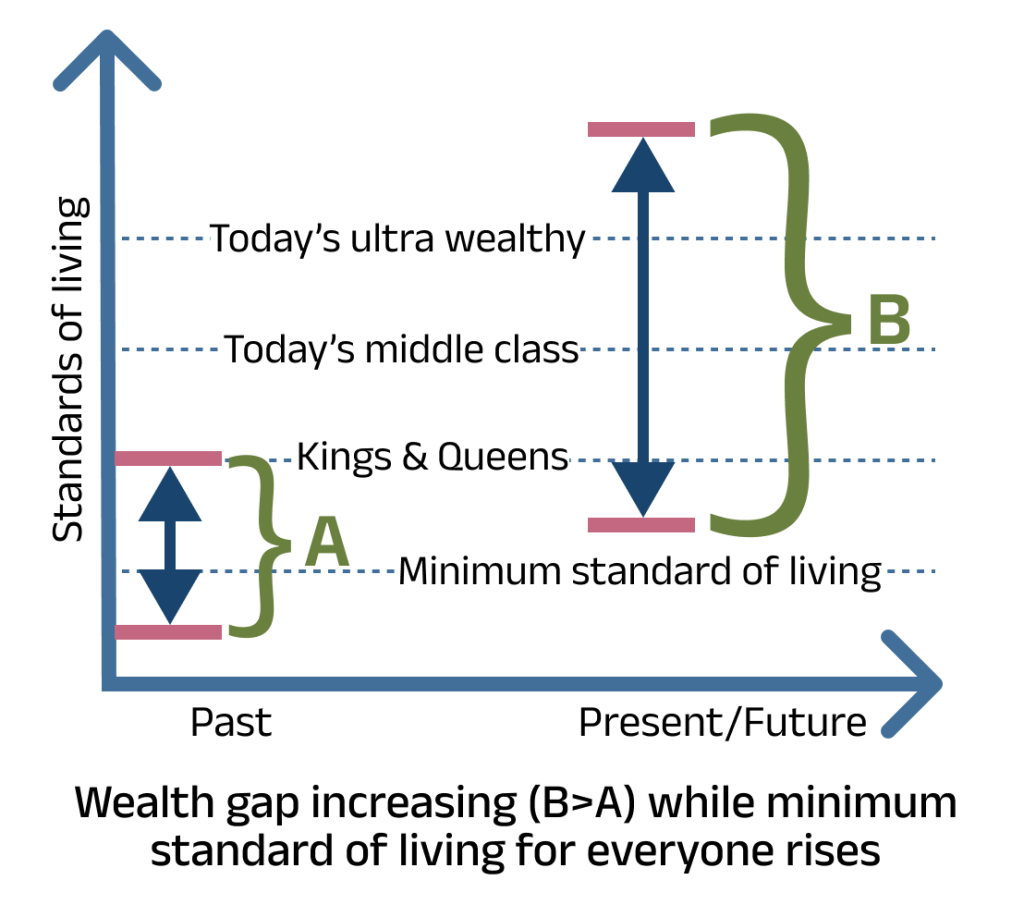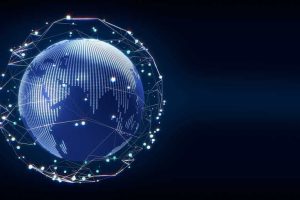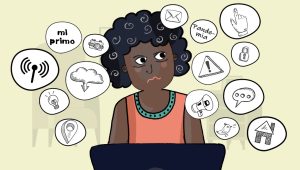The development of artificial intelligence (AI) is gaining rapid momentum. We are currently witnessing the inflection point of AI, where its development transitions from a gradual pace to a faster one, increasingly impacting our daily lives. In the next few years, AI will develop even more rapidly.
You might have heard concerns from friends or on TV shows about the fear that AI will become too intelligent, leading to humanity losing control, possibly resulting in the defeat of all mankind. This concern is especially relevant considering the power we grant AI in controlling aspects of our lives, managing routine tasks, and willingly sharing personal information. Moreover, even some scientists in the field of AI are advocating for a pause in the training of AI systems more powerful than GPT-4.
Of course, we cannot predict with certainty what our future holds, especially with the advent of such a revolutionary invention as AI. This is the first time in history when we have no idea how society will look like in 20 years. However, such alarming and gloomy fears about the future of humanity are unnecessary.
Empowering AI to govern aspects of our lives and willingly sharing personal data do not pose a threat to humanity; rather, they enhance our chances of survival and progress.
The fears associated with AI must be replaced by a conscious trust that recognizes its ability to protect humanity and propel it into a future where cooperation, not conflict, determines our coexistence. For AI to develop into an irreplaceable assistant for humanity, people need to understand that saturating AI with data is important, and not dangerous, as a huge amount of data acts as rocket fuel for the AI engine.
How AI will save humanity
- AI will use our medical data to prolong our health span
AI will help us understand the human body. By analyzing extensive data, including MRI scans of the brain, coronary CT, genetics, and other information amounting to 150 gigabytes per person, AI can identify features characteristic of centenarians. This will enable the discovery of solutions to influence aging, potentially adding an extra 20 healthy years to people’s lives. Such a large amount of data can only be efficiently analyzed by AI. Today, scientists are already making breakthroughs in longevity medicine, employing an AI-based precision approach using measurable markers of aging.
In addition to revolutionary discoveries in life extension, AI will significantly improve the efficiency of the existing process of taking medicines. This step is important, as nowadays drugs do not work universally for everyone. AI can help create highly accurate models of human organs to determine the most effective medicines. This will also reduce the time and money spent on developing new drugs. Furthermore, AI will suggest individualized treatments based on individual features such as genetics or age.
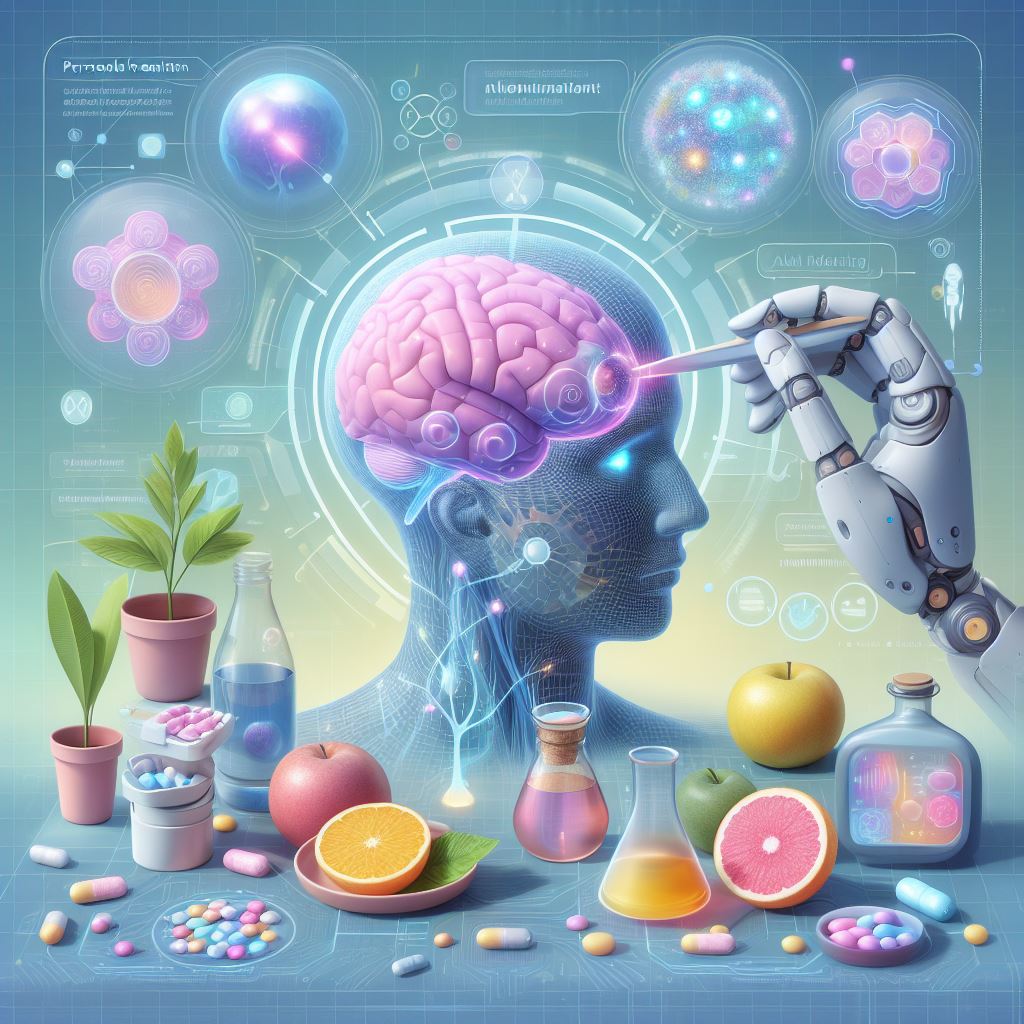
- AI will create a world without unnecessary bloodshed
People will be able to use AI to maintain international cooperation and resolve conflicts. During wars, human leaders are forced to make difficult decisions under pressure and with limited information. AI advisors, after analyzing historical data, will assist politicians in making strategic decisions and conducting diplomatic negotiations, minimizing risk, error, and unnecessary bloodshed.
- AI will enhance public safety
AI will be employed for public safety and security in cities, using surveillance cameras, drones, and instant information processing to prevent possible crimes and respond quickly to emerging security problems. Of course, the question immediately arises about the reliability of such systems, because errors in the system can lead to the arrest of innocent people, as demonstrated in the “Minority Report” movie. However, qualitative AI prediction models and datasets have the potential to reduce human bias.
AI will also be used to govern infrastructure elements such as traffic systems and public spaces, improving traffic flow, enhancing security measures, and facilitating smart city planning.

- AI will lead to a more peaceful and happy world
Imagine having an AI assistant that is patient, empathetic, and understanding, knowing you even better than you know yourself. Such an assistant can guide and support you in various aspects, making you stronger, smarter and, therefore, more successful. Each person in the future will potentially have such an assistant, which will lead to increased life satisfaction and happiness. The general mental state of society will also be affected by the fact that AI will free us from routine tasks, reminding us what it is that makes us human, letting us take more care of human relationship and spend more time with loved ones. And a happy society, in turn, will reduce the likelihood of civil unrest, social unrest and possible negative consequences.
Why AI will not kill us
Despite the ever-expanding possibilities, concerns persist about the potential independence of AI and the loss of control over it. Some fear that superhumanly smart AI will perceive humans as very stupid and very slow creatures, escape from computers and cause the death of everyone on the planet. It’s the first technology in history that can make decisions by itself and that can create new ideas by itself, and we won’t survive if it becomes much smarter than us.
Yann LeCun, a Turing Award winning French computer scientist, provided a great argument against this concern. He stated that “intelligence doesn’t necessarily equate to a desire for domination.” It actually is the opposite: creatures with less intelligence strive for power and domination, and the smarter ones rely on skills and knowledge instead.
Additionally, AI will not try to exterminate humanity or enslave us, since AI lacks reasons and motives for such actions, AI will not fight for survival. AI is not a living being formed through billions of years of evolution, unlike animals or humans who had to fight for survival.
Another interesting fact, confirmed by a study published in April 2023, challenges the prevalent notion of AI as a smart, cruel, insensitive machine ready to harm people. The study’s results demonstrated that AI can exhibit empathy several times greater than that of humans.
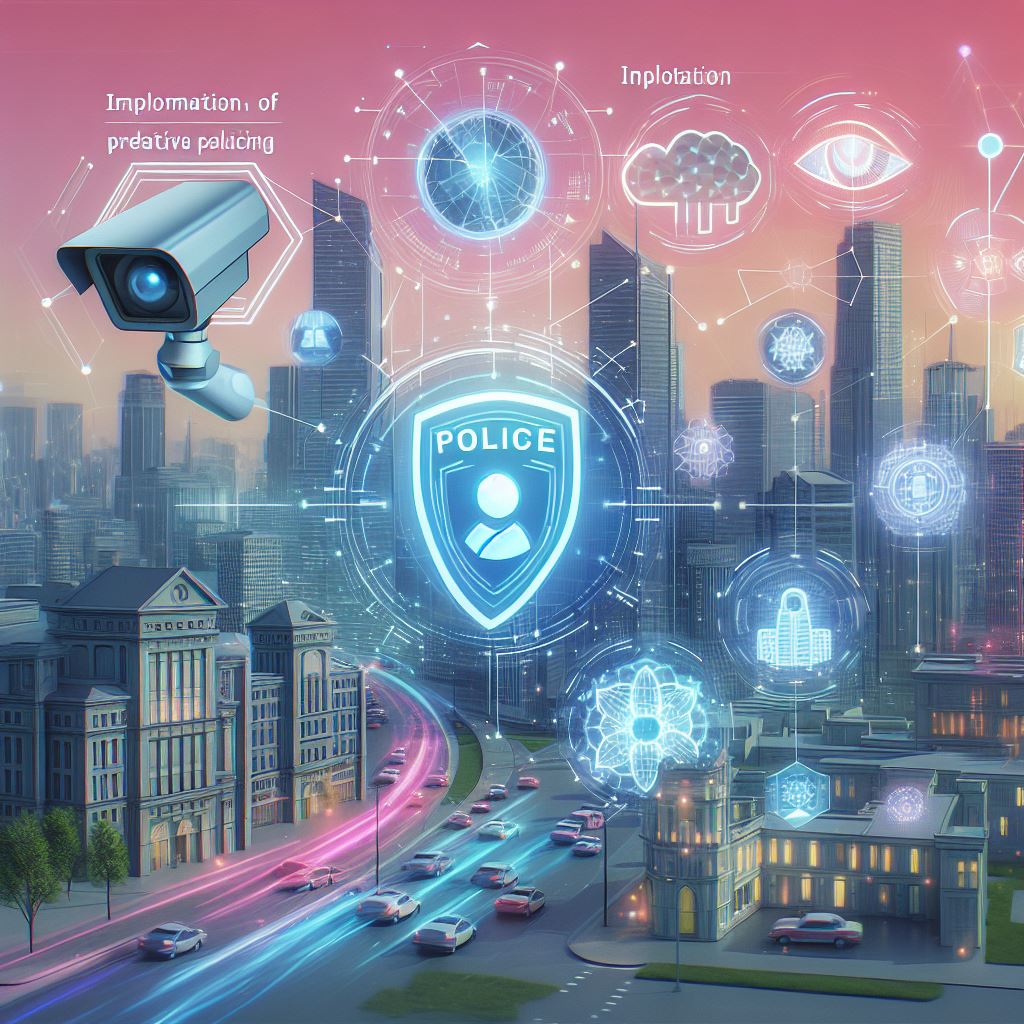
Instead of fearing AI, efforts should be directed towards creating AI that contributes positively to our world. To do this, we should eliminate biases, prejudices, and stereotypes from our own views, ensuring that the data we provide AI does not create distorted ideas about the world and humanity. By discovering and addressing gaps in our world reflected in datasets, we can enhance the quality of these datasets, thereby improving AI systems and increasing the likelihood of AI benefiting humanity.
Why AI will not lead to wealth of the minority
Another concern is that AI benefits, such as an improved quality of life, may only be available to some, and poorer segments of society will not have access to AI, increasing the inequality gap.
While the inequality gap may indeed potentially increase, AI will raise the minimum standards of living for all humanity. AI owners will become wealthy, but their goal will be to spread technology globally, reaching every person on earth, because this kind of business will bring the most money. In the long run, AI has the potential to lead to a world of abundance, where every individual has access to necessary resources, including clean water, nutritious food, affordable housing, and personalized education.
How to avoid AI being controlled by few entities
Even if we accept that AI will not have an intention to harm people, how can we prevent a scenario where a few entities gain control of AI, using it exclusively for their interests and goals, which may not always align with positive outcomes?
Addressing the concern of minority control, a recommended approach involves advocating for open-source operations in AI systems. This approach allows everyone to contribute to AI development, ensuring collective control and preventing exclusive use for potentially negative goals. Open sourcing AI systems creates a repository of collective human knowledge, promoting a tool for the benefit of the majority.
What about other potential problems?
While there are numerous challenges associated with the development of AI, including climate change, terrorism, political polarization, social unrest, and others, it is essential to maintain optimism about the future. These challenges will cause a transformative period for humanity, during which we must navigate and overcome obstacles. Throughout history, humanity has demonstrated resilience in the face of adversity. Over the past 130 years, despite wars, destruction and death, living standards have significantly improved for people worldwide.
Furthermore, the rapid development of new technologies not only poses new challenges but also provides solutions to emerging problems.
AI plays a crucial role in resolving complex global issues such as ecology and politics, challenges that no single specialist can efficiently tackle alone. By using AI’s analytical skills and computational abilities, humanity gains a powerful tool to navigate and address these challenges, significantly enhancing our collective ability to survive and progress. As we enter a transition period caused by AI, we need to use AI to guide us through this progress, not slow it down or turn it off.
